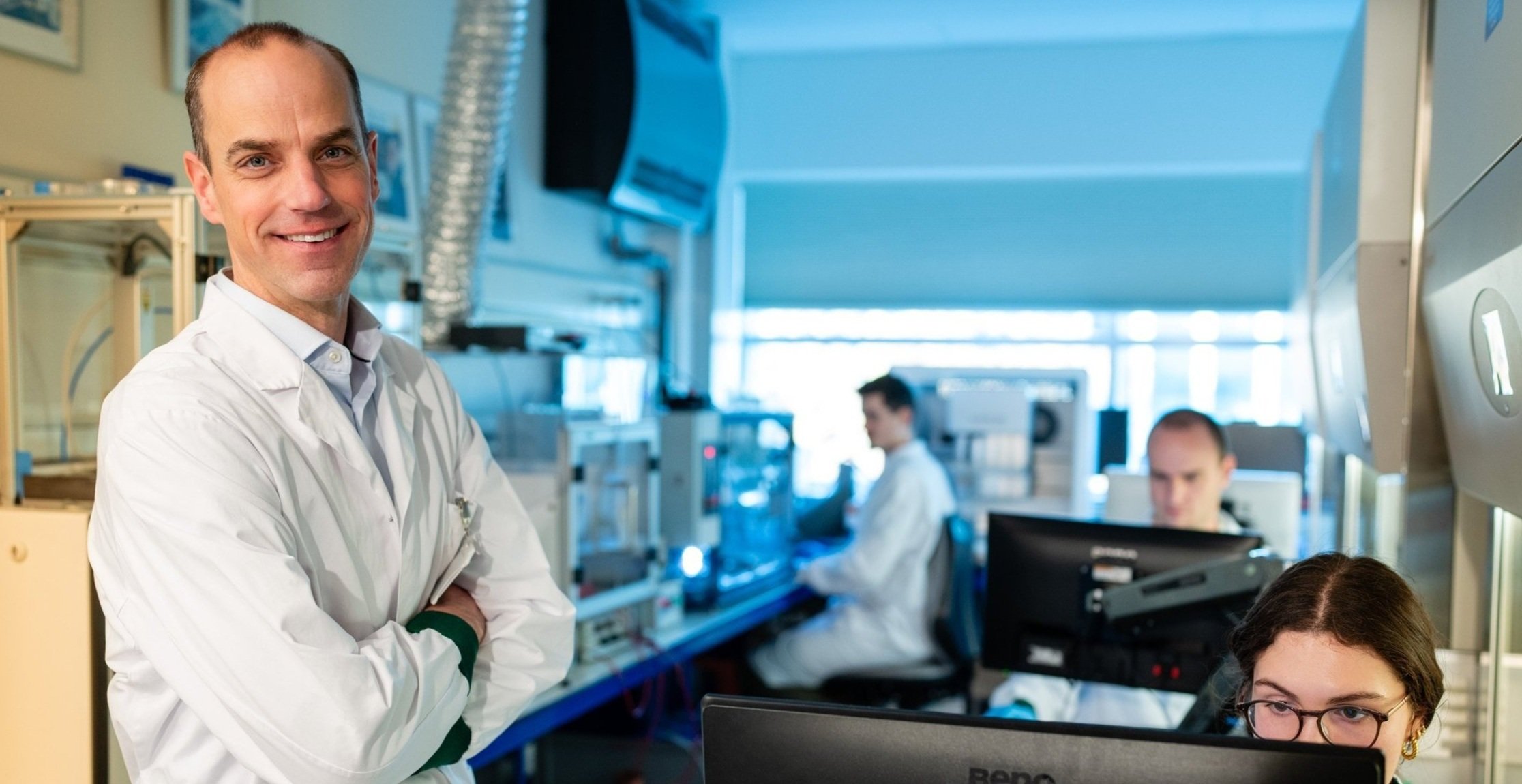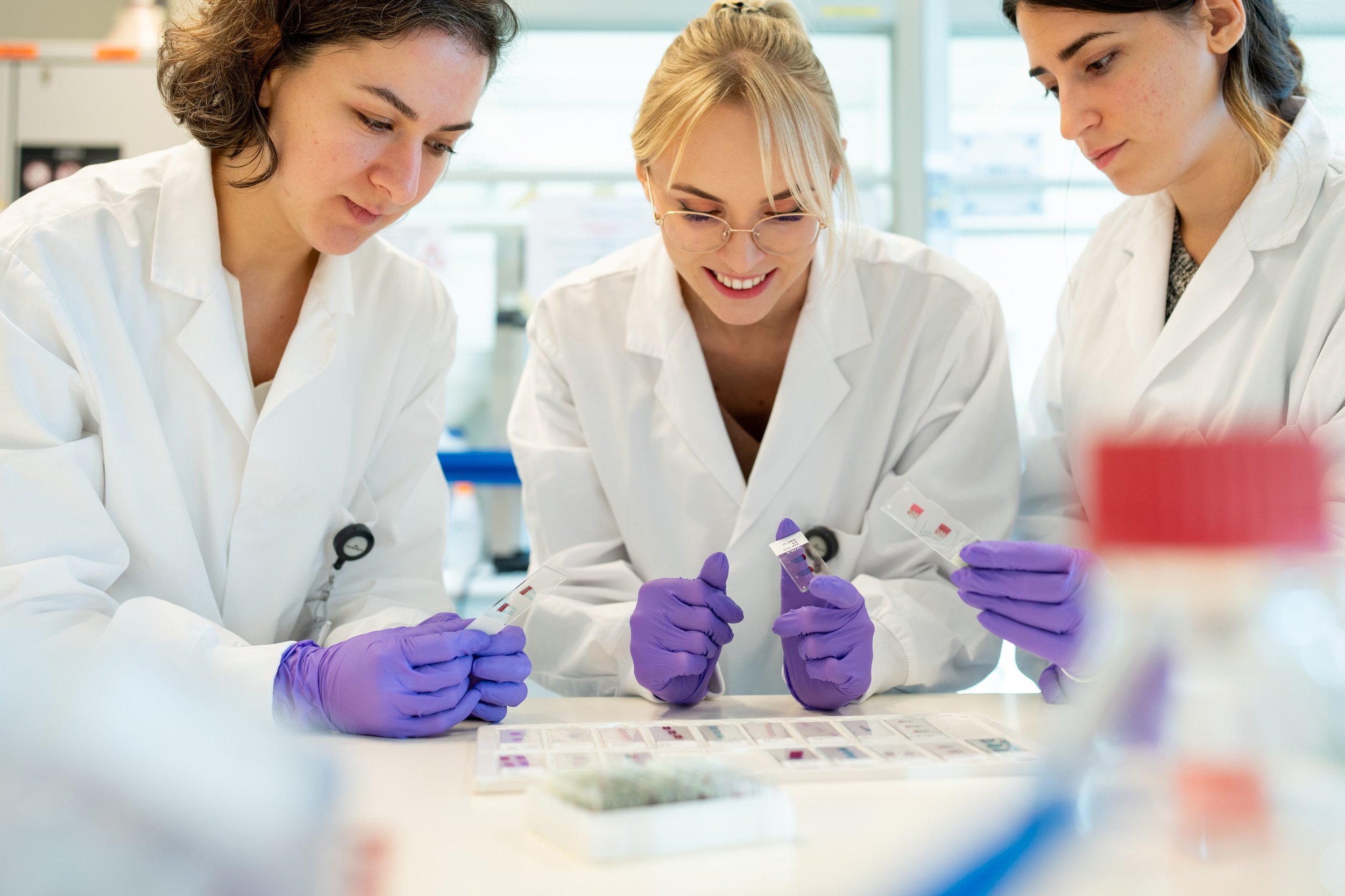
biofabrication
IN TRANSLATIONAL REGENERATIVE MEDICINE
Research
In our research, we are using 3D printing technology and living cells to create functional tissues for transplantation and as miniaturized models of health and disease. The Maldalab’s prime focus is the implementation of these biofabrication technologies for the regeneration of musculoskeletal tissues, such as cartilage and bone. However, the outcomes of the lab has been the foundation for a number of firmly integrated research lines within Regenerative Medicine Center Utrecht, including those focussing on the regeneration of renal, cardiac, hepatic and pancreatic tissues. Our innovative approaches in combining printing technologies and reinforcing living 3D tissue structures have gained widespread adoption in the field.
meet the Team
Our team is a diverse and international group with multidisciplinary backgrounds ranging from biology and (veterinary) medicine to materials science and engineering. We work within the Regenerative Medicine Center Utrecht, which joins researchers from University Medical Center Utrecht and the Faculty of Veterinary Medicine of Utrecht University. We provide opportunities for personal and academic development, but it is not just scientific and translational excellence that we foster. Team members are also geared up for careers in other disciplines, such as in commercial or educational environments.
Education
Educating the next generation of scientists is the foundation for further developments in our research field. Since the field of Biofabrication is highly multidisciplinary, training in this field requires a specific approach. We have initiated a diverse program of courses including a Biofabrication Master's Program and online electives, as well as an annual masterclasses and a summer course on "3D printing & Biofabrication". Further, we do provide internships for Master/Bachelor students in the fields of biomedical engineering and biofabrication.










